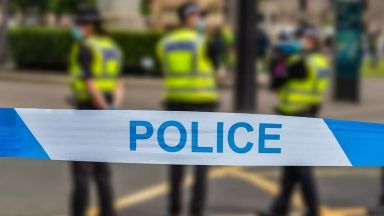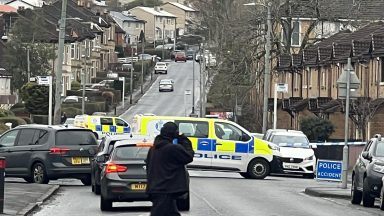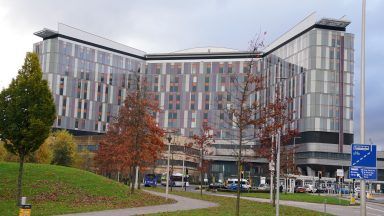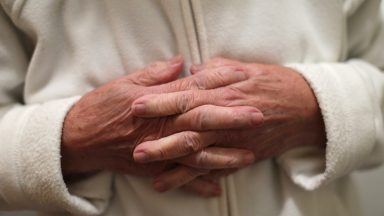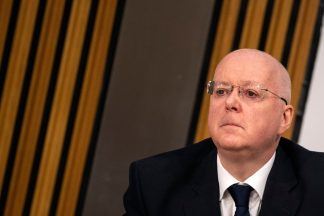The Night Time Industries Association (NTIA) has announced plans to launch legal action against the Scottish Government over the country’s coronavirus restrictions.
The NTIA said the move was being made with an “extraordinary sense of disappointment and frustration”, but that the hospitality and late-night sector in particular have been “driven to the edge of insolvency”.
With no specific end date for the restrictions in sight, the NTIA said 39,000 jobs are at risk.
The group added that Scottish Government support has been “wholly inadequate” to compensate for operating losses and, on average, a “typical small business owner” has incurred around £150,000 worth of debt during the pandemic due to fixed costs exceeding income generated from revenue and grants.
The NTIA is arguing that the curbs are “no longer justifiable or proportionate”, and has claimed their continuation would be a breach of the Human Rights Act.
Monday marked the biggest raft of changes made in Scotland since the country went back into lockdown on Boxing Day.
Pubs, restaurants, cafes and non-essential shops are back open for business.
Libraries, gyms, swimming pools, and visitor attractions such as museums and art galleries can also now reopen as the country moved to level three of the Scottish Government’s five-tier Covid alert system.
Hospitality can open until 8pm indoors – but no alcohol can be served – and 10pm outdoors, where alcohol can be consumed.
Scotland is scheduled to move to level two restrictions on Monday, May 17, which will allow people to meet in “small numbers” in homes for the first time in months.
Cinemas, theatres, concert halls, music venues, comedy clubs, amusement arcades and bingo halls will be allowed to open from that date, with indoor and outdoor events resuming but with capacity limits.
Closing times for hospitality would also be extended to 10.30pm indoors.
During a Scottish Government briefing earlier this month, the First Minister said “if circumstances permit” the intention is for the country to move to level one from June 7, before moving to level zero later in the month.
Nicola Sturgeon also said that by the “deeper part of the summer” she hoped “something much more like normality” would be possible.
On Friday, the NTIA confirmed its intentions to proceed with a judicial review to challenge the “validity of all legal restrictions currently being imposed upon hospitality and night-time economy businesses”.
In a statement, the NTIA said: “It is with an extraordinary sense of disappointment and frustration that we confirm our intention to commence legal action against the Scottish Government and note our intent to proceed with a judicial review challenging the validity of all legal restrictions currently being imposed upon hospitality and night-time economy businesses in Scotland under The Health Protection (Coronavirus) (Restrictions) (Scotland) Regulations 2020.
“The hospitality sector in general, and late-night sector in particular, has been driven to the edge of insolvency by the severe restrictions in place since the start of the pandemic.
“Scottish Government support has been wholly inadequate to compensate for operating losses and a majority of businesses have now incurred unsustainable debt as a result.
“Even worse, all strategic framework funding has now ended while there is no end date for the restrictions that make these businesses commercially unviable. Thirty-nine thousand jobs are now at risk as a direct result.
“The reality is that the current emergency restrictions on opening, capacity, activities, and operating hours make thousands of businesses commercially unviable.
“Hospitality businesses typically operate on wafer-thin profit margins, as little as 5%, while these restrictions can result in businesses suffering such immense declines in income that bankruptcy will be the inevitable result if they continue for much longer.
“Fixed costs such as rent, insurance, staff furlough costs, etc, have far exceeded the income coming in from revenue and grants, resulting in the typical small business owner in our sector incurring around £150,000 in Covid-related debt per premises, which represents many years’ worth of normal profits.
“Social distancing is toxic for businesses across numerous sectors of the economy, from restaurants, pubs and bars, wedding suppliers, music venues, nightclubs, coach tours, travel, and tourism, and many more.
“These can result in declines in capacity and therefore income of up to 75% and force businesses to trade at substantial losses even if allowed to open.
“Additional restrictions on live music, dancing, mandatory seated drinking, table service, and more, further reduce the ability of premises to generate sufficient custom to survive.
“We accept that restrictions were initially necessary in the interests of public health, and indeed we not only fully supported previous measures taken, but also actively promoted the government’s public health messages via social media channels and to our customer base.
“However, thanks to the heroic efforts of our NHS workers, vaccine researchers, and scientists, and the immensely successful roll-out of the vaccine, Covid-19 no longer presents the threat to public health that it did even a few short months ago.
“All those at serious risk of hospitalisation or mortality have now been offered a vaccine, and take-up rates have been well above expectations with almost all of JCVI groups one to nine now vaccinated.
“These groups represent around 99% of preventable mortality from Covid-19 and the results of vaccination are startlingly effective.
“Evidence presented to SAGE noted that of 42,788 Covid-19 cases admitted to UK hospitals between the start of the vaccination programme on December 8 and March 5, just 32 had received a vaccine at least three weeks before.
“It is therefore the position of the NTIA that the restrictions imposed on hospitality businesses by Scottish Government with regards to capacity, activities and operating hours are no longer justifiable or proportionate and any continued application of such emergency restrictions would now be in breach of Article 1 of the first Protocol to the European Convention on Human Rights, which applies in the UK by virtue of the Human Rights Act 1998.
“The NTIA has retained the services of TLT Solicitors and the dean of the Faculty of Advocates, Roddy Dunlop QC, to argue our case in court at the earliest practical opportunity.”
The Scottish Government said it wants to get back to normal “as soon as it is safely possible”, but added it “must move very carefully to ensure continued suppression of the virus”.
It highlighted its Strategic Framework Business Fund (SFBF), which has provided grants to businesses that have been forced to close or significantly change their operation due to Covid restrictions put in place from last November.
Nightclubs, which were eligible for the SFBF, should now have received restart grants.
Top-up grants and rates relief have also been made available.
In addition, one-off grants of up to £50,000 – based upon rateable value – were also made available to nightclubs last October through the Covid-19 Contingency Fund.
Follow STV News on WhatsApp
Scan the QR code on your mobile device for all the latest news from around the country


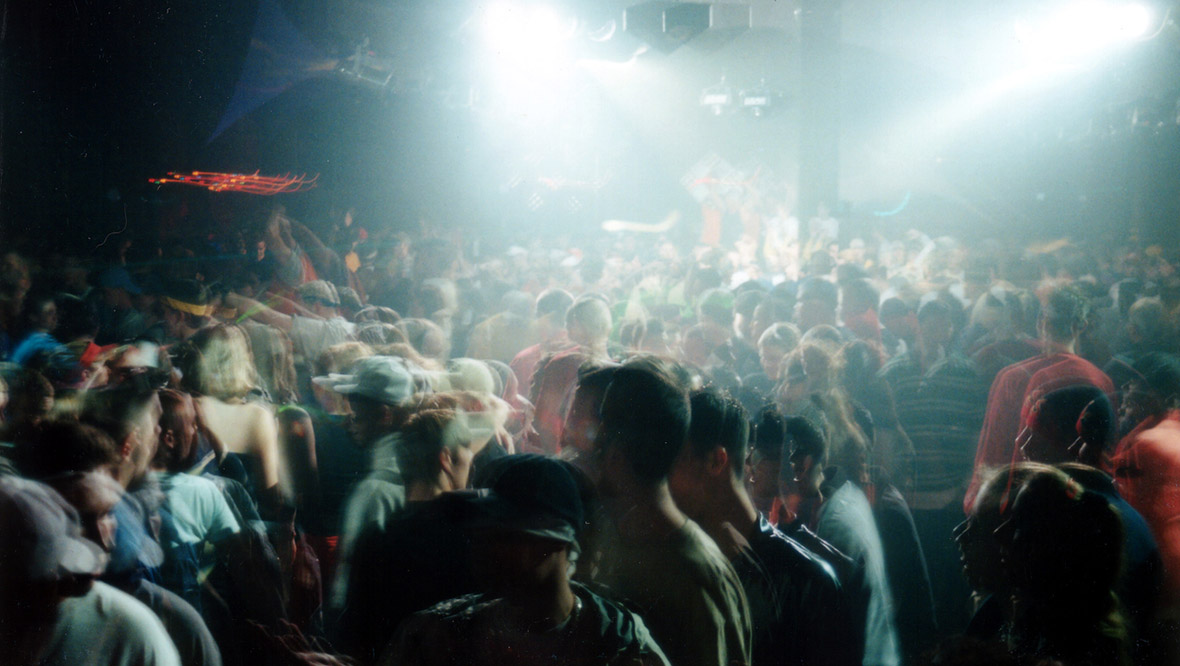 iStock
iStock



